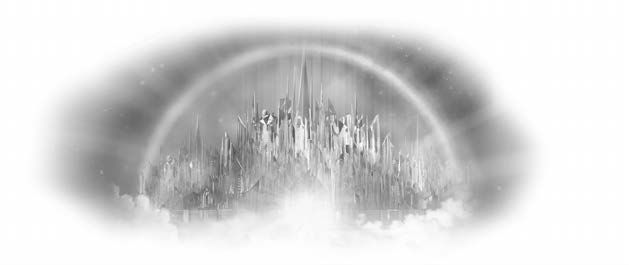Wailoaloa Beach is a popular tourist destination known for affordable lodging, restaurants, and especially bars and night spots in Nadi, Fiji. But when COVID-19 struck, many small cafés, fast-food outlets, and restaurants lost business along the beach. One such place was the Bamboo Resort.
Sensing an opportunity, three local Seventh-day Adventist churches teamed up with Bamboo Resort to open Bitu Wellness Bar, a juice bar offering health and wellness programs, such as free biometric screenings, exercise programs, fat-loss challenges, and personalized meal plans. The bar, whose name bitu means “bamboo” in the local language, quickly gained popularity among the locals, who streamed in for healthy fresh juices daily.
Church members prayed that the bar would serve as a center of influence to encourage Fijians to take a more wholistic approach toward health in a region where people struggle with lifestyle diseases, particularly diabetes. The bar—supported by the South Pacific Division’s 10,000 Toes campaign, a recipient of a 2019 Thirteenth Sabbath Offering—also sought to raise awareness about healthy alternatives to alcohol.
But then a second wave of COVID-19 struck Fiji, and the authorities ordered that the Bamboo Resort shut down along with the juice bar. For two weeks, customers called daily to find out when and where the juice bar would reopen. What happened next surprised everyone.
A married couple who managed the neighboring Beach Escape Resort had watched crowds pouring in and out of the Bamboo Resort daily and had noticed that more people visited the juice bar than the liquor bar. They also noted with satisfaction a decrease in alcohol-related incidents on their street.
The couple contacted church members and offered the use of their liquor bar and other premises as a wellness hub. Church members initially declined the offer, not wanting to offer fruit juice in the same place as alcohol, but the managers explained that they wanted to stop selling alcohol altogether.
Alcohol was cleared out, and bar equipment was replaced with juicing machines; blenders; and fruits, vegetables, and herbs. The Bitu Wellness Bar was up and running again.
Church members expressed amazement at the marvelous way that God leads. The juice bar has not only influenced the patrons of the Bamboo Resort, but it also has transformed the Beach Escape Resort into a center of influence that is bringing hope and healing to the community.
Thank you for your 2019 Thirteenth Sabbath Offering that supported the South Pacific Division’s 10,000 Toes campaign in Fiji and other South Pacific countries. Thank you for planning a generous Thirteenth Sabbath Offering this quarter to support new projects to spread the gospel in the South Pacific Division and beyond.

